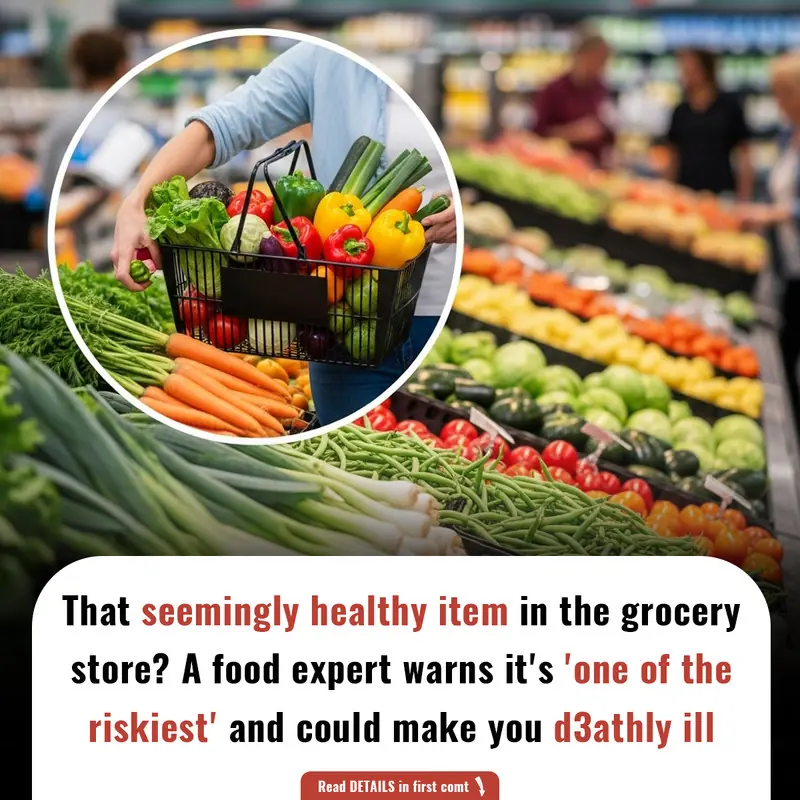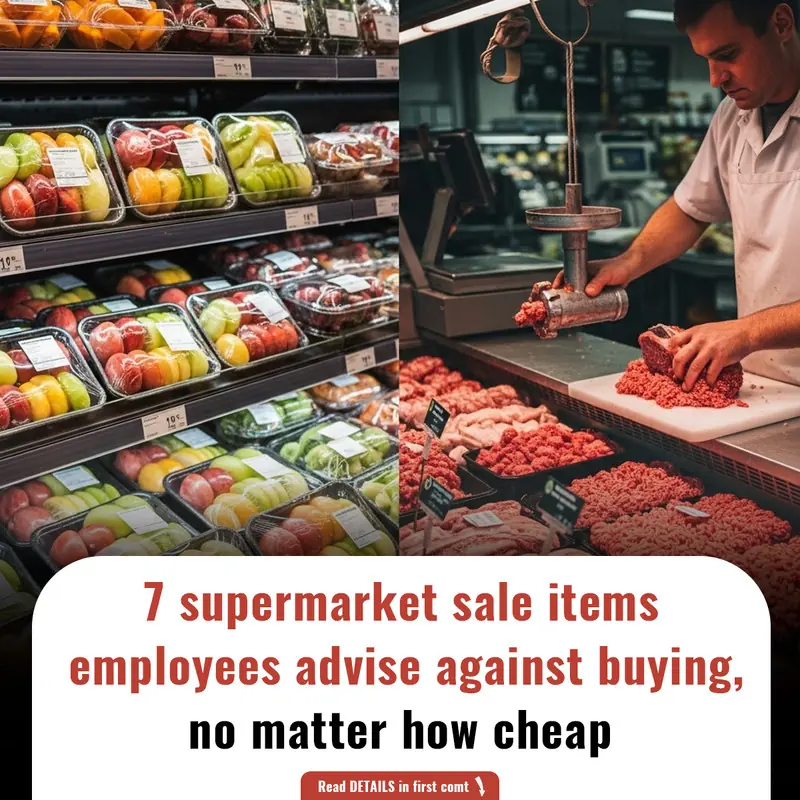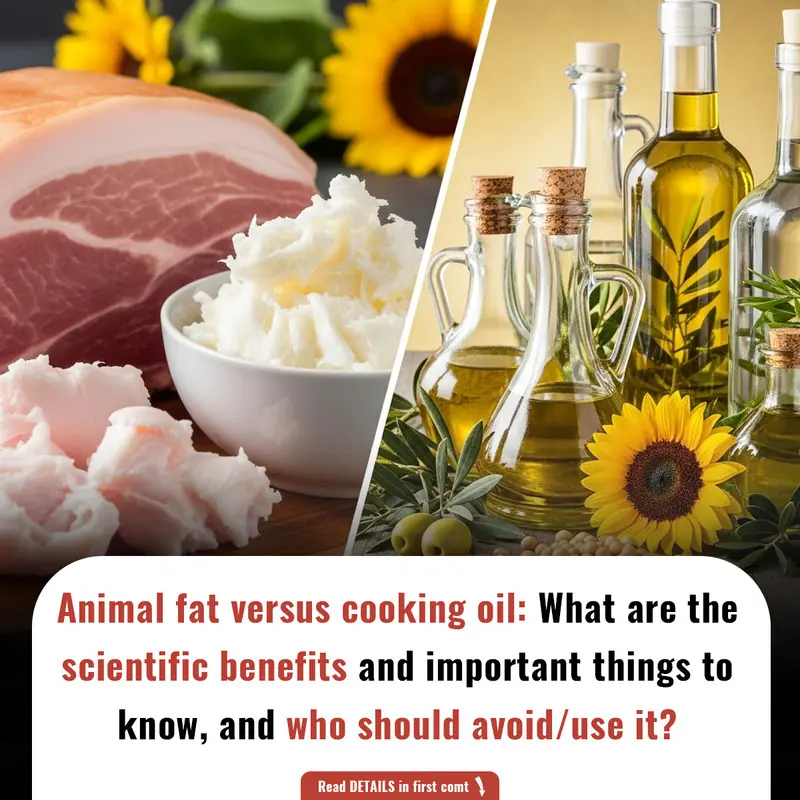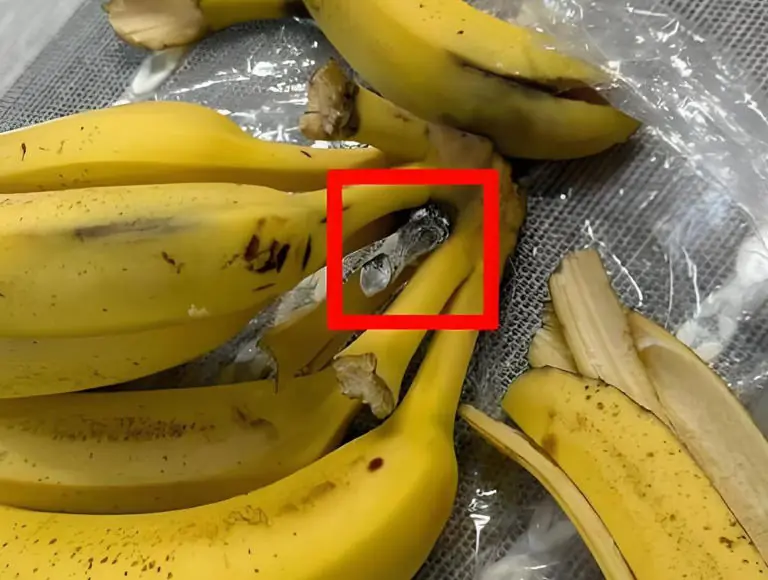Your “Healthy” Eating Habit Might Be Making You Sick — Without You Realizing It

Eating more fresh, whole foods is widely promoted as essential for good health. But according to a food safety expert, your trip to the produce section may be riskier than you think — particularly if convenience is your top priority.
Darin Detwiler, a food policy professor at Northeastern University and author of Food Safety: Past, Present, and Predictions, is sounding the alarm on a hidden hazard: prewashed, bagged greens.
“Prepackaged salads remain one of the most high-risk items you can buy at the grocery store,” Detwiler told HuffPost.
“Historically, they’ve been linked to numerous outbreaks, some leading to serious illness, hospital stays, kidney damage, and even fatalities.”
The Hidden Dangers of Bagged Salads
These ready-to-eat leafy mixes — while convenient — have been shown to carry harmful pathogens like E. coli, salmonella, and listeria, largely due to their vulnerability during harvesting, packaging, and distribution.
Because salad greens are eaten raw, there’s no heat applied to kill off any bacteria that may be lingering on the leaves, making them a common culprit in foodborne outbreaks.
A 2024 study published in the Journal of Foodborne Illness found that leafy greens account for as much as 9.2% of all reported foodborne illnesses in the United States — translating to over 2.3 million illnesses annually.
The CDC outlines symptoms associated with infections from these bacteria, including nausea, vomiting, stomach cramps, fever, and diarrhea — which can escalate quickly, especially in vulnerable populations.
Where the Contamination Starts
Contamination of leafy greens can happen at numerous points during the supply chain.
From the moment lettuce is harvested, it can be exposed to harmful microbes present in the soil, water, or even airborne dust. Proximity to livestock farms increases the risk further, as runoff from manure storage areas — also known as manure lagoons — can introduce deadly bacteria into the irrigation system.
“Manure runoff can easily enter nearby irrigation canals, contaminating entire fields with pathogens like E. coli,” Detwiler explained.
Even after harvesting, the risk persists. Greens may come into contact with dirty equipment, unsanitized wash water, or human hands during processing.
Worse yet, salad mixes often combine leaves from multiple farms in a centralized facility. That means one contaminated leaf can spread pathogens to thousands of salad bags, which are then shipped across multiple regions.
The industrial wash systems designed to clean the greens can actually amplify the problem, as large washing vats can serve as breeding grounds for bacteria, distributing them evenly throughout the batch.
Why Cold Isn’t Enough
Keeping greens cold throughout transportation and storage is essential to slowing bacterial growth. However, refrigeration does not eliminate bacteria — it only inhibits their reproduction.
And while rinsing the leaves at home may remove visible dirt, it won’t reliably get rid of microscopic pathogens. Worse, improper washing can introduce new germs from dirty sinks, contaminated utensils, or unclean hands.
What You Can Do
If you’re concerned about food safety, skip the bags and buy whole heads of lettuce or loose greens. These have less surface area for contamination and are easier to inspect and rinse.
Gently wash the leaves under running cold water to remove surface-level debris — though it won’t guarantee the removal of bacteria, it helps minimize overall exposure.
If you must buy bagged greens, choose packages with fresh, crisp leaves and avoid any that appear wet, slimy, or discolored — signs of spoilage or improper storage.
Detwiler also warns against exposing greens to heat or leaving them at room temperature for extended periods. Always store them in the fridge and plan to use them within two days of purchase.
Lastly, be proactive about your food safety: check expiration dates, stay informed about recalls, and always err on the side of caution when in doubt.
Eating healthy shouldn’t come at the cost of your well-being. With a few smart precautions, you can enjoy the benefits of fresh produce — minus the hidden dangers.

























